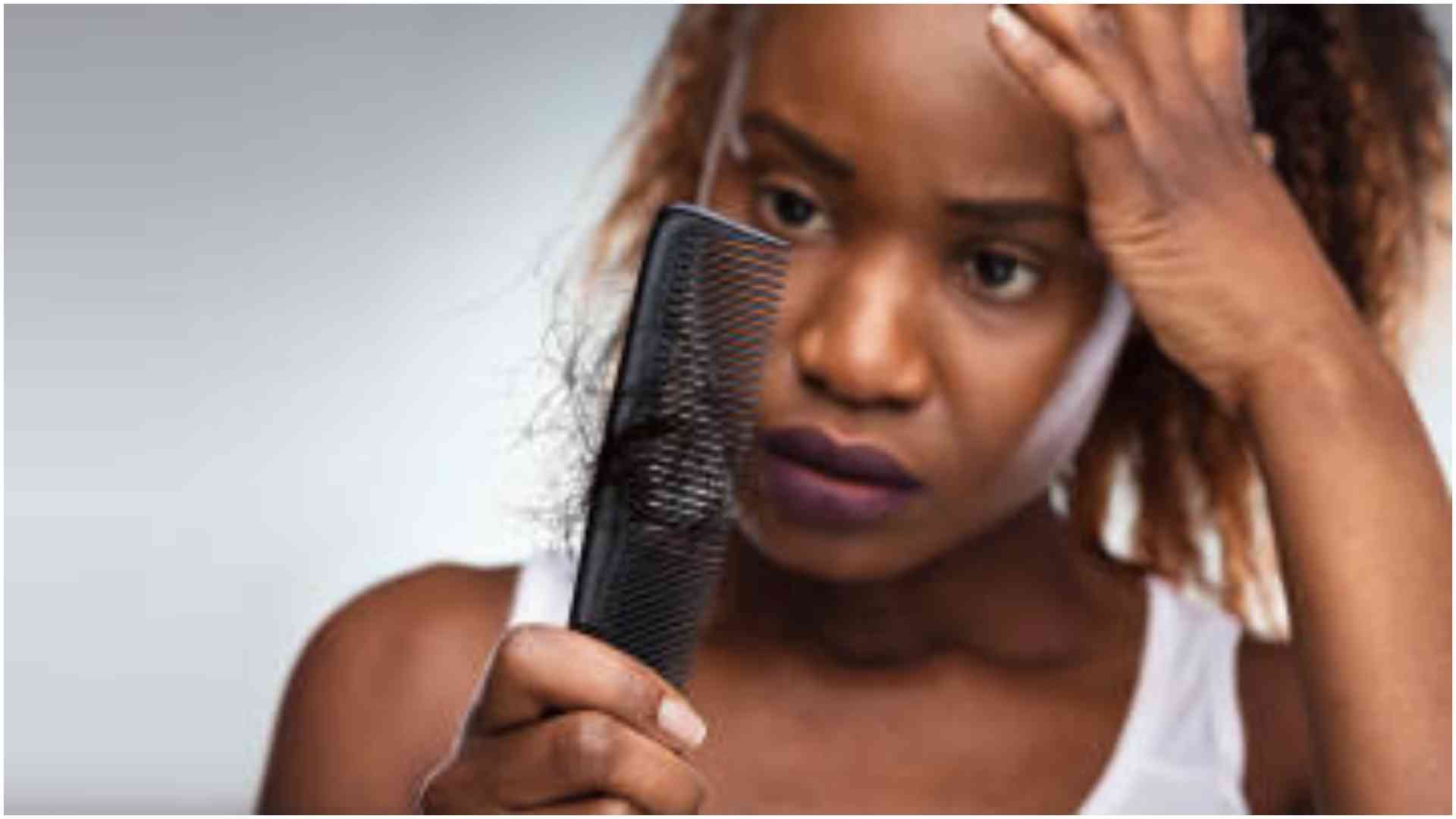
Hyperpigmentation is a skincare nightmare that many of us silently deal with. Whether it comes from sunspots, acne scars, or as a reaction to skincare products, hyperpigmentation can be annoying and worrying.
And yes, even dark-skinned people can suffer from hyperpigmentation.
So, what exactly is hyperpigmentation? It is an area of skin that appears darker than your natural skin tone, thanks to the overproduction of melanin. There are several prevalent causes of hyperpigmentation.
Inflammation, for instance, occurs because of skin trauma such as acne, eczema, insect bites, or scratching. Inflammation can trigger the overproduction of melanin in the affected area, leaving dark scars or patches.
Then there is sun exposure. When UV sun rays penetrate your skin, it triggers the production of melanin to protect your skin from damage. This is why being out in the sun gives you a suntan.
If you spend too much time out in the sun, it can lead to even more darkening or unsightly sunspots.
Also known as ‘mask of pregnancy’, melasma causes brown patches on the skin and is most common in pregnant women. Melasma is triggered by a combination of sun exposure, hormonal changes, and genetics.
Some medical conditions, such as Addison’s disease, are also known to cause hyperpigmentation.
In addition, certain medications – including antibiotics and some chemotherapy drugs – can trigger melanin overproduction and cause hyperpigmentation.
Although hyperpigmentation is harmless in most cases, it can affect your appearance. Thankfully, there are many ways to get rid of hyperpigmentation and restore your skin’s natural complexion.
Let us explore some of the best ways to get rid of hyperpigmentation on your skin.
Use hydroquinone sparingly
Although hydroquinone can be harmful for long-term use, it is wonderful for getting rid of dark spots in the short term.
You can easily buy over-the-counter hydroquinone creams – which usually contain two per cent or less of the chemical. Prescription creams usually contain four per cent hydroquinone or more.
Hydroquinone works biologically by suppressing an enzyme called tyrosinase, which aids in the development of melanin.
The lower the amount of tyrosinase generated, the lower the amount of melanin created – hence lighter skin.
Hydroquinone is quite powerful. You will have noticeably lighter skin in as little as two weeks.
However, do not be tempted to continue using it after you have got rid of dark spots, as long-term use of hydroquinone can be harmful to your skin.
Instead of applying it all over your face, you can apply hydroquinone to the affected area only. Apply it sparingly to the centre of the dark spot or patch and feather towards the edges.

Stock up on Vitamin C
Vitamin C can be used as a topical antioxidant to help prevent oxidative damage to the skin caused by free radicals (which can lead to fine lines, wrinkles and a dark complexion).
It can also help in reducing dark skin pigmentation by inhibiting enzymatic activities that create melanin in the skin.
Another advantage of Vitamin C is that it simply lightens the darkened skin areas without bleaching your skin.
Buy a Vitamin C serum and massage a few drops onto your skin after cleansing.
Go for Kojic Acid
Kojic acid, which is produced from mushrooms or fermented rice is a common ingredient in skin lighteners. It works by reducing a critical component in the functioning of the pigment cells.
While it is an effective treatment for hyperpigmentation, it is known to cause allergic dermatitis. That is why it is mostly used in small concentrations in skincare products.
If you have sensitive skin, go for small doses during night-time only to minimise the risk of inflammation and irritation.
Do not expect speedy results when using kojic acid for hyperpigmentation. It can take several months to see improvement with the use of topical kojic acid.
For faster results, use kojic acid in combination with hydroquinone.
Try DIY home solutions
While store-bought solutions are the best for treating hyperpigmentation, there are some effective DIY solutions you can try. The best home remedies for hyperpigmentation include aloe vera, apple cider vinegar and milk.
How do you use home remedies?
For apple cider vinegar, combine equal parts vinegar and water and apply to the dark patches. Rinse off after three minutes. Repeat this treatment twice a day until the dark spots disappear.
For aloe vera, apply pure aloe vera gel to pigmented areas before bedtime and rinse off in the morning. Repeat this treatment daily until the dark spots go away.
For milk, soak a cotton ball in milk and rub it over darkened skin patches twice a day. Repeat this treatment daily until you see results.

Go for Laser treatment
Laser treatment is the most expensive but most effective way to get rid of hyperpigmentation.
If other solutions have not worked for you, it is time to go for laser treatment. Laser beams break up and eliminate the pigment particles in the skin.
Unwanted pigmentation can be treated with IPL (intense pulsed light).
While laser treatment is effective, it can lighten surrounding skin – which is especially worrisome for people with dark skin tones. Consult your dermatologist and discuss if laser treatment is a safe and viable option for you.
 The Standard Group Plc is a multi-media organization with investments in media
platforms spanning newspaper print
operations, television, radio broadcasting, digital and online services. The
Standard Group is recognized as a
leading multi-media house in Kenya with a key influence in matters of national
and international interest.
The Standard Group Plc is a multi-media organization with investments in media
platforms spanning newspaper print
operations, television, radio broadcasting, digital and online services. The
Standard Group is recognized as a
leading multi-media house in Kenya with a key influence in matters of national
and international interest.



